April Young Bennett - Ask a Suffragist: Stories and Wisdom from Americas First Feminists
Here you can read online April Young Bennett - Ask a Suffragist: Stories and Wisdom from Americas First Feminists full text of the book (entire story) in english for free. Download pdf and epub, get meaning, cover and reviews about this ebook. year: 2019, publisher: Brown Blackwell Books, genre: Romance novel. Description of the work, (preface) as well as reviews are available. Best literature library LitArk.com created for fans of good reading and offers a wide selection of genres:
Romance novel
Science fiction
Adventure
Detective
Science
History
Home and family
Prose
Art
Politics
Computer
Non-fiction
Religion
Business
Children
Humor
Choose a favorite category and find really read worthwhile books. Enjoy immersion in the world of imagination, feel the emotions of the characters or learn something new for yourself, make an fascinating discovery.

- Book:Ask a Suffragist: Stories and Wisdom from Americas First Feminists
- Author:
- Publisher:Brown Blackwell Books
- Genre:
- Year:2019
- Rating:4 / 5
- Favourites:Add to favourites
- Your mark:
Ask a Suffragist: Stories and Wisdom from Americas First Feminists: summary, description and annotation
We offer to read an annotation, description, summary or preface (depends on what the author of the book "Ask a Suffragist: Stories and Wisdom from Americas First Feminists" wrote himself). If you haven't found the necessary information about the book — write in the comments, we will try to find it.
Since the Womens March on Washington and the Me Too movement, a new, more diverse generation of feminists is raising questions about how to effect change. Ask a Suffragist: Stories and Wisdom from Americas First Feminists channels the first generation of American feminists as exemplars and advisors as we seek modern solutions.
Activists with urgent causes to support dont have time to read dull history textbooks. Fortunately, American suffragists lived radical lives that were in no way boring. Instead of droning on like an encyclopedia about dates, meeting minutes and genealogy charts, Americas First Feminists discusses relationships, strategies and activism, focusing on stories that are particularly relevant for modern feminist activists, whether for inspiration and emulation or to avoid repeating past mistakes.
Americas First Feminists covers the 1830s through the 1860s, when the idea of equality for women was new and its supporters were vilified. In addition to suffrage, these early activists fought for abolition, temperance, racial justice, education, career opportunities, womens ordination and the right to wear pants instead of those exasperating dresses and petticoats.
Each chapter considers a question todays feminists might ask the great feminists of the past. How can we make our voices heard, like Sarah and Angelina Grimk, who defied their slave-holding background to become abolitionists? How do we break the glass ceiling, like Harriot Hunt and Elizabeth Blackwell, who opened the field of medicine to women, or Mary Ann Shadd Cary, who became the first black American woman to edit a newspaper?
Americas First Feminists celebrates diversity instead of neatly pointing readers into one right way of living. The passionate, inspired and flawed people who started the American feminist movement often disagreed with each other. Well-known suffragists like Lucretia Mott, Sojourner Truth, Susan B. Anthony, Elizabeth Cady Stanton and Lucy Stone are featured, as are lesser-known suffragists whose contributions are often overlooked. Americas First Feminists includes women of color such as Frances Ellen Watkins Harper and Maria W. Stewart, male feminists such as Frederick Douglass and William Lloyd Garrison and immigrants to the United States such as Ernestine Rose and Marie Zakrzewska.
April Young Bennett: author's other books
Who wrote Ask a Suffragist: Stories and Wisdom from Americas First Feminists? Find out the surname, the name of the author of the book and a list of all author's works by series.

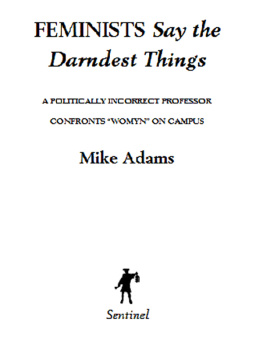
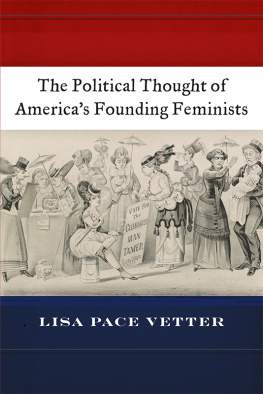
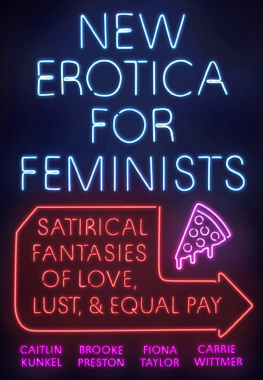
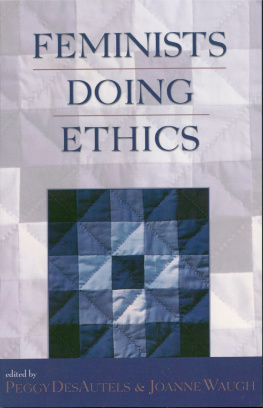
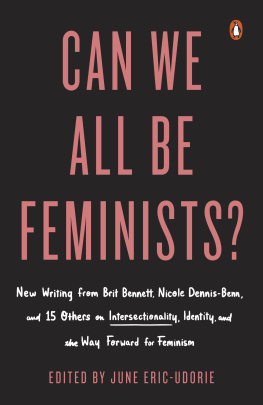
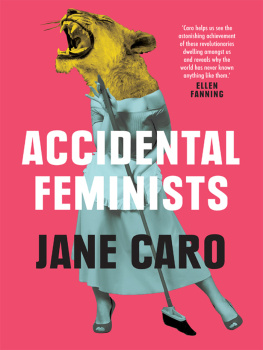
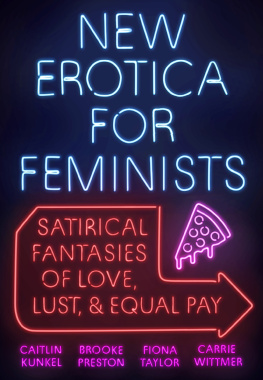

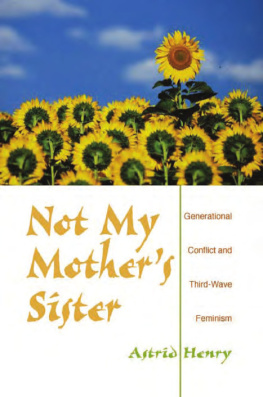

 Brown Blackwell Books
Brown Blackwell Books